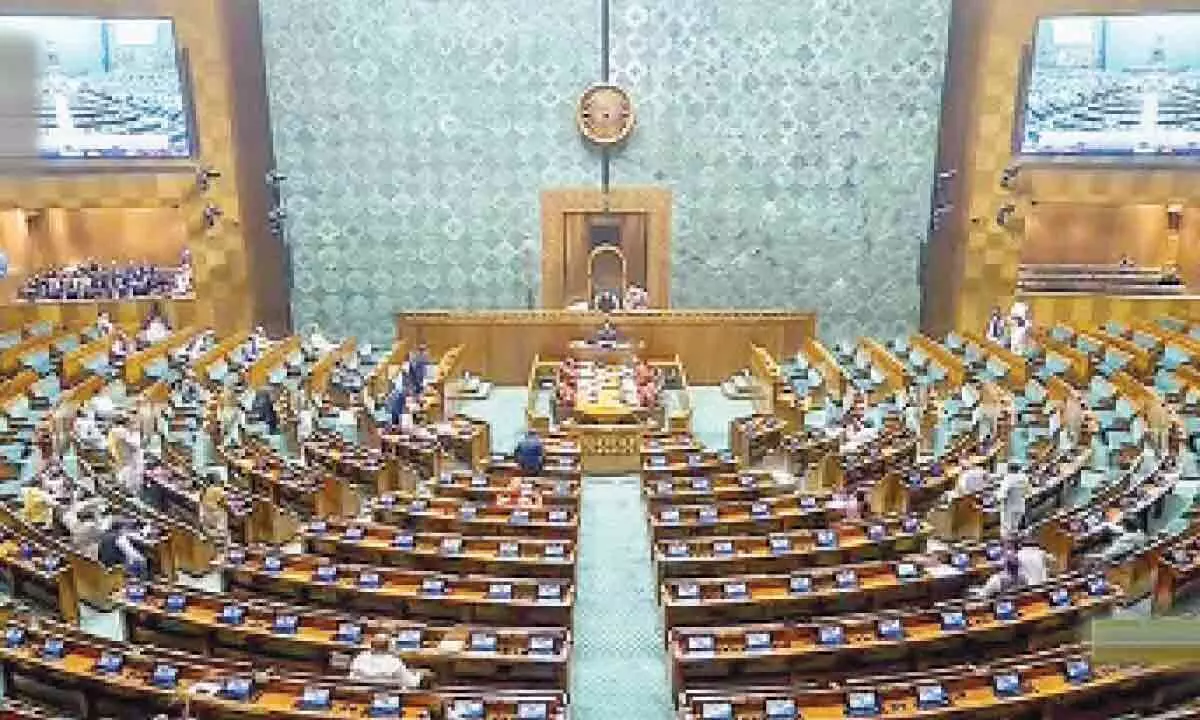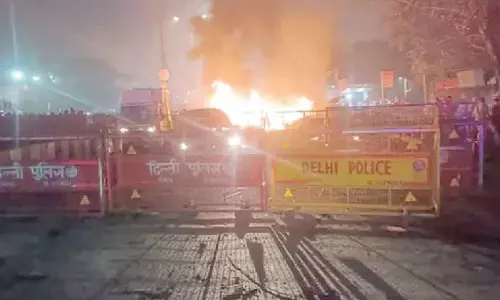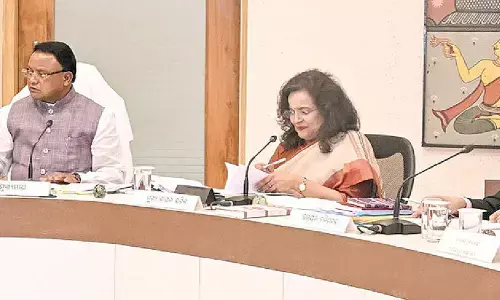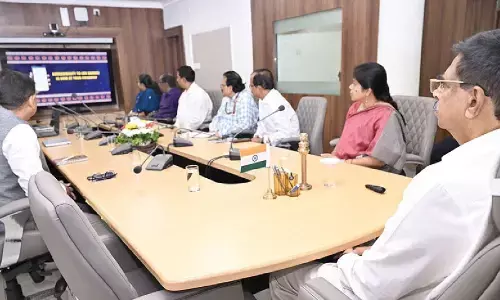Telecom Bill passed amid empty Oppn benches

- 1. Replaces 138-year-old Indian Telegraph Act
- 2. Biometrics made mandatory for SIM purchase
- 3. Ground laid out for India telecom’s space take-off
New Delhi : Parliament on Thursday passed a Bill that seeks to allow the government to temporarily take control of telecom services in the interest of national security and provide a non-auction route for the allocation of satellite spectrum.
The Telecommunications Bill, 2023, was approved by the Rajya Sabha through a voice vote. It was passed by the Lok Sabha on Wednesday after a short debate. It also allows the government to take possession of a telecom network in case of a public emergency or in the interest of public safety. Besides this, it provides for stopping transmission and intercepting messages in case of a public emergency, in the interest of the public, to prevent incitement for committing offence. The press messages of correspondents accredited to the Centre or state governments shall not be intercepted or detained unless their transmission has been prohibited under rules applicable to public emergency and public order,etc, according to the Bill. Replying to the debate, Communications Minister Ashwini Vaishnaw said the Telecommunications Bill, 2023, "is being brought keeping in mind the aspirations of 'new India' to replace two colonial-era laws". "In the last nine and half years, India's telecom sector has emerged from a very difficult period marred by scams to become a sunrise sector," the minister asserted. He also said during the same period, the number of telecom towers has increased to 25 lakh from just six lakh in 2014, while the number of internet broadband users has increased to 85 crore today from just 1.5 crore before. Under the leadership of Prime Minister Narendra Modi, India did the fastest rollout of 5G technology in the world with maximum equipment being made in India, Vaishnaw said.
He informed the Upper House that "Right of Way" approval was a very challenging task but under the leadership of Modi, reforms were undertaken. The result was that 85 per cent of tower approvals are instantaneous now through the click of a button and the time period has been reduced to 10 days on an average from 230 days before, Vaishnaw said.
The minister said due to reforms such as this, India's telecom sector has got recognition globally. "All those reforms have been continued in this Bill and an effort has been made to bring a substantial change in the telecom sector," Vaishnaw said. This Bill is very comprehensive and it will bringing big structural reforms as well as "remove the legacy of corruption in the telecom sector", he said.
With mobile phones practically becoming an essential part of life, be it for banking or booking tickets or healthcare, there is a need to protect consumers from fraud, Vaishnaw said. One of the important aspects of the Bill is the jail-term of three years and a fine of Rs 50 lakh if someone impersonates and gives fake documents to acquire a SIM, he said. Vaishnaw said a similar penalty has been proposed for those who indulge in a fraud using a "simbox" in which many SIM cards can be placed, and also for spoofing someone's phone number using softwares and indulging in fraudulent activities. The Bill also focusses on online dispute resolution for consumer grievances. Moreover, it also deals with license reforms for the telecom sector, the minister said, noting that there are "more than 100 types of licenses, several with very complicated terms and conditions".








